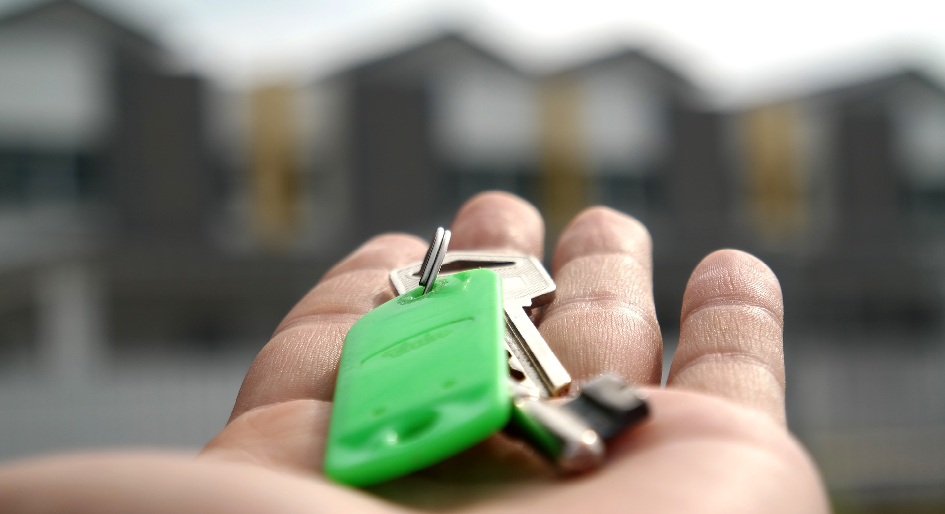Beyond the steaming hot housing market, 36 per cent of the under-40 crowd are abandoning their dreams of homeownership.
Findings come from a new Ipsos poll that was conducted between January 21 and 28, 2021 on behalf of RBC, where 2,000 Canadians aged 18+ were interviewed online.
The RBC Spring Housing Poll also found that 62 per cent of Canadians, mainly in B.C. and Ontario, believe people will be priced out of the housing market in the next decade.
For others, the pandemic has provided an opportunity to increase their overall savings, with 44 per cent of all respondents saying they have saved more over the last year. For those likely to buy a home in the next two years, the poll also found that 60 per cent are saving monthly, putting away $789 on average each month for a home.
Homeownership intention
Despite 54 per cent of Canadians saying it is a sellers’ market (up from 41 per cent last year, highest since 2009), there is a large increase in Canadians who are considering buying a home in the next two years (30 per cent, up 8 per cent from 2020). This rises to 49 per cent for those respondents under 40 years of age and 66 per cent for new Canadians who have been in the country less than five years.
Many factors are on the minds of Canadians when thinking about whether to buy now or buy later. Interest rates and concerns that homes will become less affordable are key reasons why many Canadians are considering buying sooner. In fact, 41 per cent of Canadians surveyed are thinking about buying a home sooner because of low interest rates and 61 per cent believe home values will only go up in the immediate future.
Four-in-five Canadians also continue to see homeownership as a good investment and the majority say it is better to buy than rent. The key drivers among those waiting to buy a home include uncertainty about the economy, a belief that prices may come down, affordability issues and job anxiety.
“In addition to evaluating what you can afford now, potential home buyers should put their finances through a stress test to see if they can continue to carry the cost of owning a home if interest rates increase or if they had an unexpected expense or income loss,” said Amit Sahasrabudhe, vice-president, home equity financing, products and acquisitions, RBC.
Saving, budgeting and down payments for
While 60 per cent of Canadians surveyed say they would not put themselves in a situation where they spend an unusually large proportion of their total income, RBC says it might be easier said then done in the priciest markets across Canada.
Forty-eight per cent of survey respondents planning to purchase a home in the next two years say their budget is less than $500,000. Meanwhile, according to CREA, the average house price in Canada was $678,091 as of February 2021. This rises to $864,159 and $887,695 in Ontario and British Columbia and decreases to $290,789 and $224,785 in Saskatchewan and New Brunswick respectively.
When considering a down payment, almost nine-in-10 respondents who are likely to buy in the next two years have some money saved (86 per cent), with $42,000 in savings on average. Forty per cent have less than $25,000 earmarked for homeownership.
“Building up a down payment can often be the biggest barrier to buying a home, especially as prices continue to climb in the pandemic environment,” says Sahasrabudhe. “While everyone’s financial situation is different, many Canadians have been taking advantage of reduced spending over the year to build up their savings and get closer to making their dream of owning a home a reality.”






